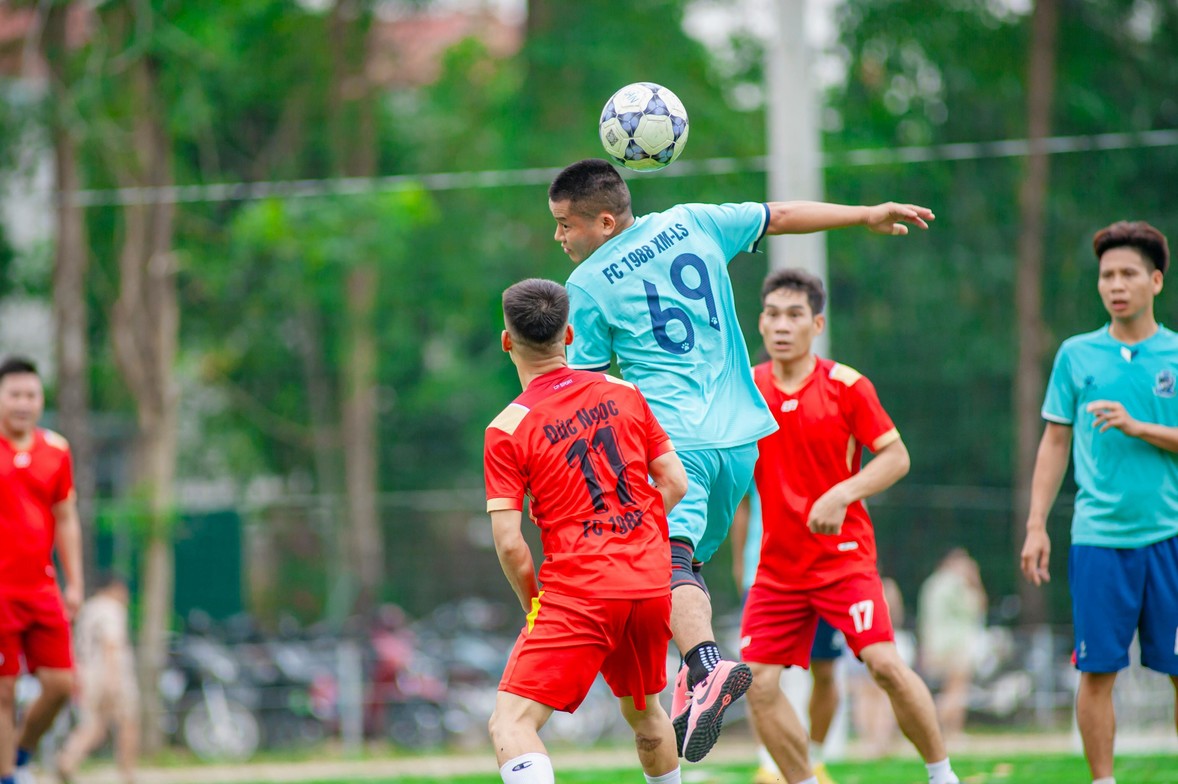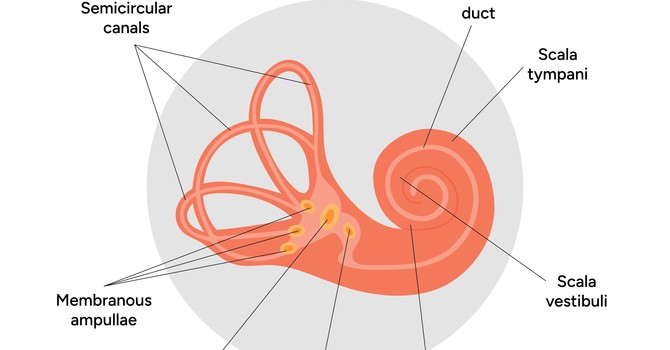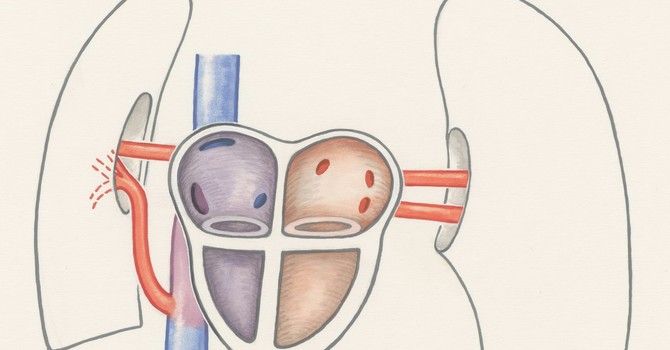
The Neurological Foundation of Athletic Performance
Whether you’re a competitive athlete, a weekend warrior, or a parent of an aspiring player, one thing is certain: peak performance goes beyond physical ability—it’s driven by your brain. The brain is the control center for every movement, decision, and reaction on the field, court, or track. When a concussion impacts this system, the effects can extend well beyond the initial injury.
In my clinic, I've worked with athletes at all levels who may appear perfectly fine after a hit—but something isn’t right. They’re slower to react, misjudge distances, or struggle with balance. These subtle symptoms are often signs of lingering changes in brain function after a concussion and should not be overlooked.
What Happens to the Brain During a Concussion?
A concussion is a mild traumatic brain injury (mTBI) that occurs when the brain moves inside the skull, disrupting neural pathways. This sudden jolt can affect the brain’s ability to manage motor control, balance, and sensory input. It’s not just about headaches or memory loss—many athletes experience hidden deficits that can seriously hinder performance.
Common post-concussion issues include:
-
Slower reaction times
-
Impaired hand-eye coordination
-
Difficulty tracking moving objects
-
Loss of balance or spatial awareness
-
Fatigue or brain fog during play
These symptoms can persist even after an athlete has “passed” a basic return-to-play protocol.
Why Standard Assessments Aren’t Enough
Most return-to-play protocols rely on symptom checklists or cognitive tests, but these assessments don’t evaluate the full range of brain functions needed for optimal athletic performance. They often miss:
-
Cerebellar dysfunction: Affecting motor timing, precision, and balance
-
Vestibulo-ocular disruption: Impairing eye tracking and coordination
-
Autonomic imbalance: Leading to fatigue, dizziness, or poor recovery
A player may pass a sideline test but still have undiagnosed neurological issues, putting them at risk for re-injury or a continued decline in performance.
Functional Neurology: The Key to Concussion Recovery
Functional neurology bridges the gap left by standard care. By thoroughly evaluating eye movements, balance, motor timing, and reflex coordination, we identify hidden deficits that affect an athlete's performance. We then design a personalized rehabilitation plan to restore function and accelerate recovery.
My approach includes:
-
Vestibular and ocular-motor training
-
Proprioceptive and balance exercises
-
Reaction time and cognitive-motor drills
-
Autonomic nervous system regulation
Many athletes I work with not only return to baseline but surpass their pre-injury performance levels.
What Parents and Coaches Should Watch For
Even if an athlete claims to feel “fine,” subtle signs can point to underlying issues. Look out for:
-
Poor timing on plays or passes
-
Hesitation or slower movements
-
Difficulty following the ball or opponent visually
-
Decreased performance despite proper conditioning
- Difficulty with school or work
- Reduced motivation
If you notice these patterns after a head impact—weeks later—it’s worth scheduling a neurological evaluation.
Protecting Your Brain—Your Most Valuable Asset
A concussion is more than just a bump to the head; it’s an injury to the control center of your performance. Whether you’re returning to sport or aiming to protect your future, addressing post-concussion changes with a functional, brain-based approach can make all the difference.
If you or an athlete you know is dealing with unresolved symptoms or unexplained performance dips, I encourage you to schedule a neurological evaluation. Together, we’ll uncover what’s holding back the brain and create a plan to get you back to the game—stronger, sharper, and more resilient.
Forrest Fisher
Contact Me


